Keep your skinny jeans: Here’s what Gen Z actually wants from older generations
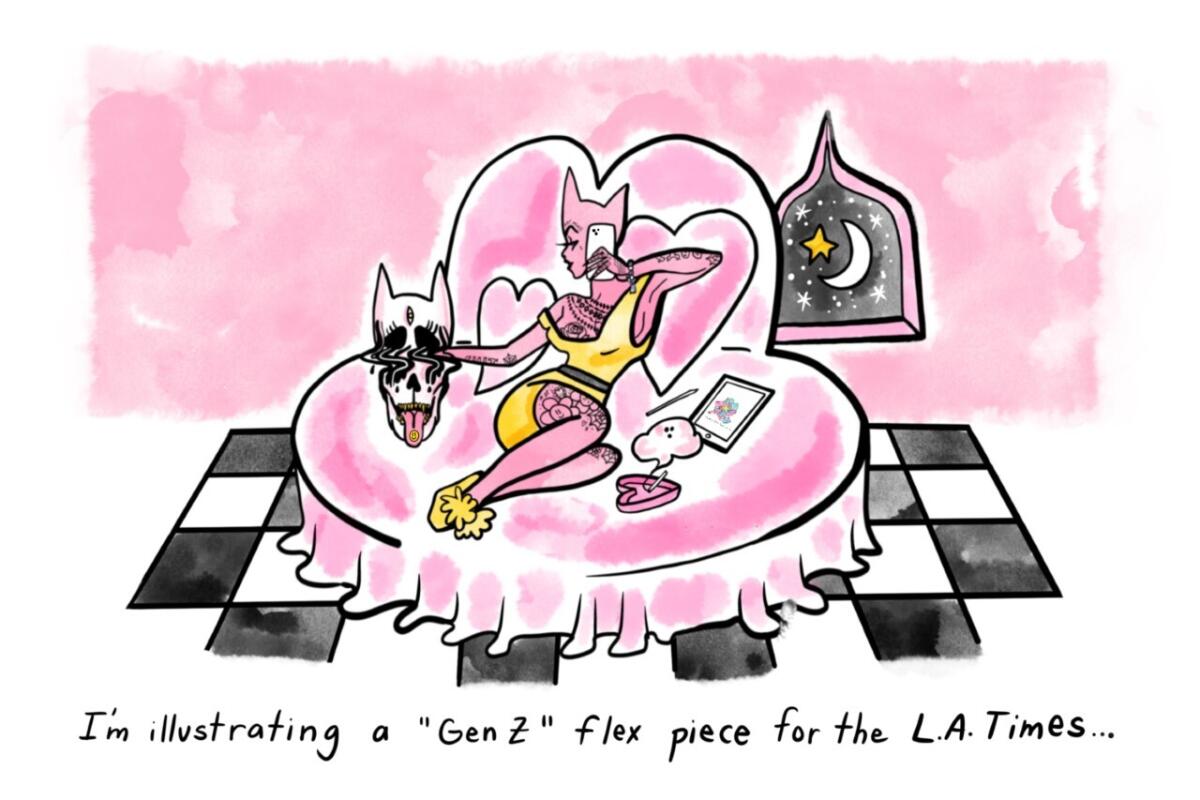
Every generation hopes that, when it’s their turn to pass the torch of relevancy to the youth, they will handle it with poise and dignity. They’ll recognize, they hope, that teenagers, despite their more limited real-world experience, are more clear-eyed about society in some ways. The older generation anticipates that they’ll adopt the new technologies, wear the new trends and, maybe, gracefully age into the role of the wise mentor.
Millennials, in this sense, have ... struggled.
As more and more Gen Z-ers come of age — according to the Pew Research Center, the oldest members of the generation will turn 24 this year — the online “culture war” has mainly centered around millennials refusing to move on. Corners of TikTok have become breeding grounds for millennials desperately clinging to skinny jeans, side parts and Harry Potter as styles from the ‘00s make a comeback.
IRL, Gen Z is less interested in what millennials are wearing and more focused on what state the world will be in when they graduate from high school and college. Some older adults just aren’t ready to hear it.
“I think that this ‘culture war’ is just being fanned by the fact that older generations are very stuck in their ways,” said Gabe García, the director of people and inclusion at JÜV, a Gen Z consulting firm. “And so when Gen Z is coming along and saying like, ‘I have insights,’ or, ‘What if we try this differently?’ that’s being kind of pushed off.”
The Times talked to seven members of Gen Z about the “culture war” with millennials, living their lives online during the pandemic and what they wish older generations understood about them.
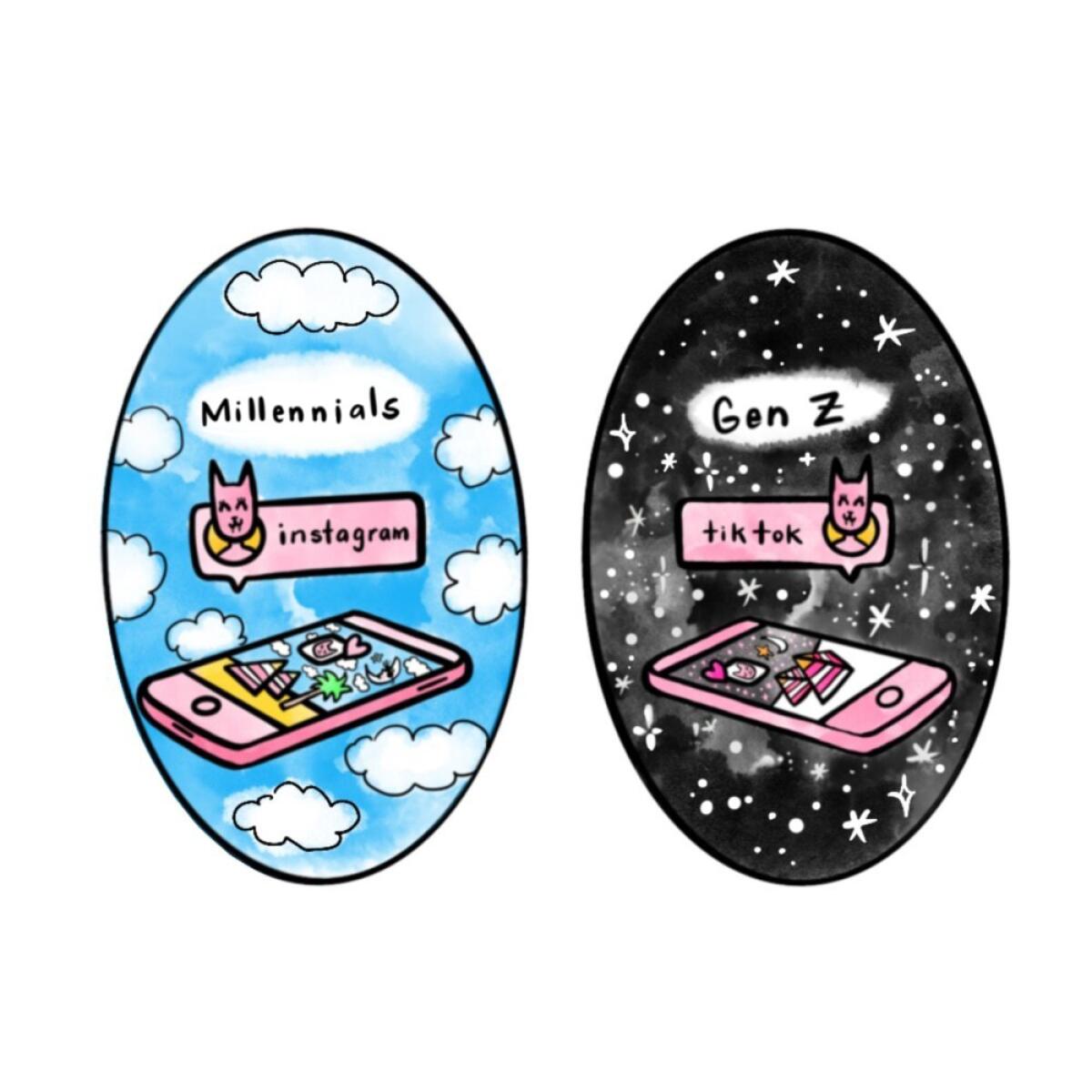
What does ‘Gen Z’ mean to you?
Kukim Vazquez, 17, owner of Home Sweet Compton: “I know they’re terms designated by ages and time, but I definitely do see Gen Z being the more progressive generation.”
García: “I would say I’m a cusper — I really identify with that ‘zillennial’ kind of language. … I didn’t have a smartphone growing up. It’s those things that people in my age category, I would say from, like, ’96 to 2000, feel a lot.”
Maddie Cashel, 22, senior at UCLA: “One distinction that I would maybe make for Gen Z is if you were in high school when you downloaded TikTok, that’s a good marker.”
García: “I think we have really leveraged digital connection in a way that no other generation has. Even now that we all have the ‘same tools,’ I think we’ve been able to really create and carve out these spaces for people to not only exist, but exist as our full selves.”
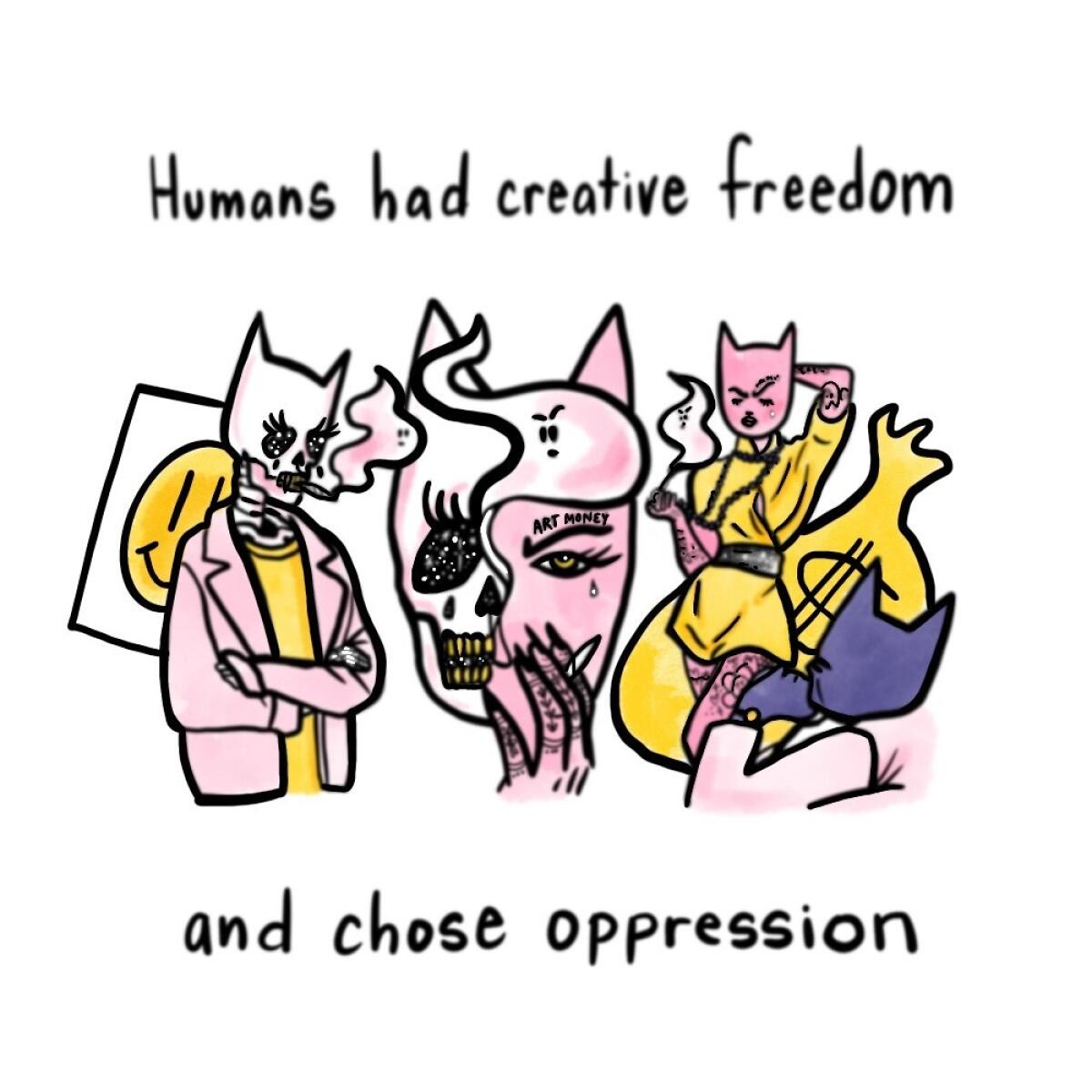
Is Gen Z misunderstood?
Zayanah Rasyamond,16, junior at Arcadia High School: “Yes, there are very questionable trends and things that you see on social media, but people see it as more prevalent in Gen Z, just because everything spread so fast online.”
García: “People say, ‘Oh, Gen Z created canceled culture.’ Because there were things that were happening in society that were just not OK. And nobody was saying anything. And so now that we’re speaking up, it’s like, ‘Oh, you’re the snowflakes,’ whatever.”
Valentina Argueta, 18, senior at Ramón C. Cortines School of Visual and Performing Arts: “You can never really understand the intricacies of a generation that you’re not a part of, especially a generation that’s younger than you. Because there is sort of that air of authority that you think that you have, of like, ‘Oh, well, I’m older; I know more things.’ And it’s like, ‘Well, that’s not true. You just know more things about the culture that you grew up in.’”
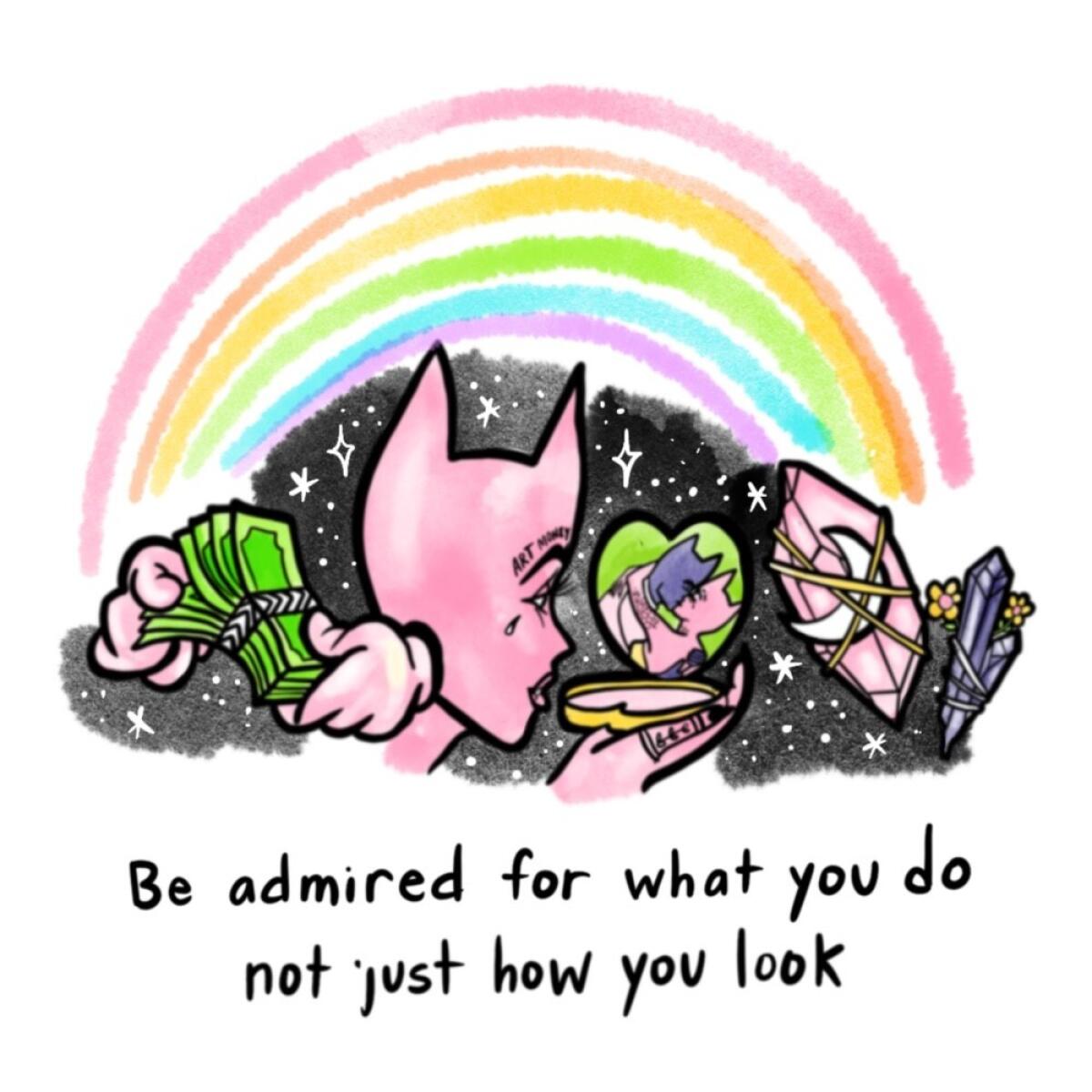
Do you see yourself represented in pop culture?
Cashel: “‘Euphoria’ encompassed a lot of things — not that I was necessarily experiencing myself, but things that I would see, but then just blew it up 1,000 times.”
Kenneth Brown, 21, Inglewood native, professional musician and junior at Morehouse College: “You shouldn’t judge a generation off a handful of people you see on social media, because you can’t really buckle down on one person to carry a generation.”
Argueta: “It would be nice to see an actual 18-year-old play an 18-year-old. Because what it does is it sets up these standards for us, that we’re supposed to be these mature, have-to-have-our-life-together type of people who have clear skin.”
García: “As far as diversity goes, absolutely not. As a queer, trans person, if I see one more cis, straight person play a trans role and get an Oscar for it — I already boycott the Oscars and the Grammys, but somehow I’ll do it more.”
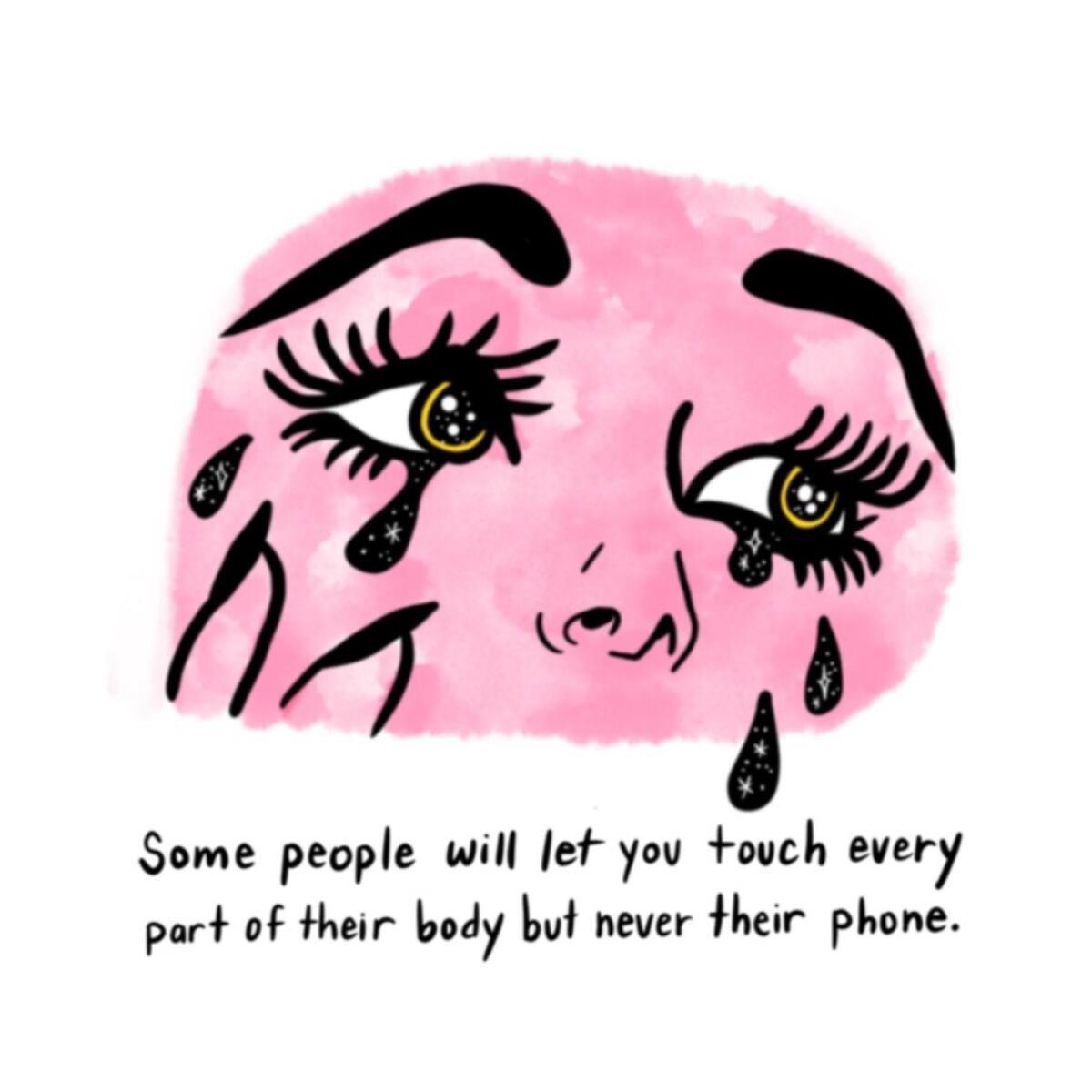
How has it been living the last year online?
Cashel: “It’s definitely exhausting, that’s the first word that comes to mind, is it’s just exhausting. Social interactions online, school online. You might just not have to leave your apartment or your bed, but it takes up just as much energy, if not more mental energy, to have everything online. ... Zoom socializing is just no, that’s just not fun.”
Vazquez: “That’s one of the things that I think I would have liked to do more: just enjoy my high school experience, because I was only there for a little bit over two years. And most of it was spent in my room. So I think I really would have liked to go out more and socialize.”
Rasyamond: “I see this on TikTok, too, where people are like, ‘Oh, have you felt like this past year has just been repeating the same day over and over again?’”
Lupita Carballo, 21, FREELA youth organizer with the Youth Justice Coalition: “As an organizer it allows me to reground myself and really think about me. I’m always — before COVID, running around all the time, trying to catch up with people, trying to catch meetings and stuff like that, but also focus in my community, which is OK, but not really so focused within myself.”
Argueta: “And you are at that point where you love your family, but if they talk to you one more time, you’re gonna fling yourself off a cliff. So, it’s all the responsibility and all of the weird pressure and all of like the, ‘Well, you’re 18 now.’ And none of the joys and/or freedoms that come with being 18.”
García: “We’re hungry to connect. And suddenly, we couldn’t do that in the way that we were used to. And so I think, especially with platforms like TikTok — which I would say really took off during the pandemic — people were just able to show their life. Like, here’s what I’m making today. Like, here’s this fun little dance to make the day go by faster.”
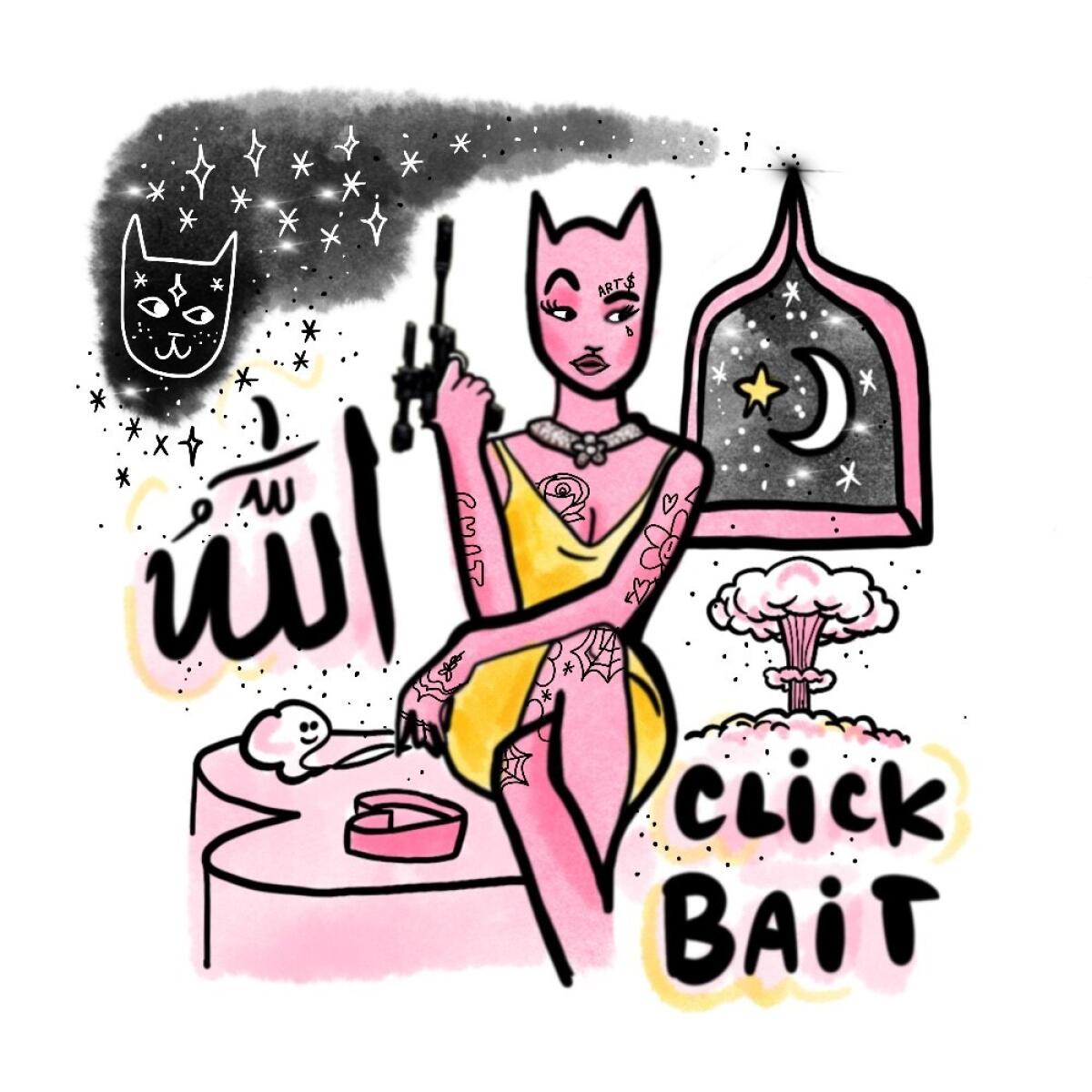
Is there a cultural war between Gen Z and millennials?
Cashel: “I think it’s kind of funny. ... I feel like there’s some truth to those, I guess, jabs at millennials, but I think it’s pretty lighthearted. Maybe on a deeper level, there may be some sort of disconnect, but I feel like that’s just true with every generation.”
Argueta: “I honestly, I think it’s super one-sided. And that may be because the only time I’ve ever seen it — and this is the most Gen Z thing that I’m ever gonna say — the only time I’ve ever seen is on TikTok. And the millennials are always the ones to make the first blow.”
Brown: “I don’t think it’s real, and the only reason why I say it’s not real — because I haven’t really seen it. That’s my honest opinion, I haven’t really seen it.”
García: “I think that this is an example of the media kind of overhyping something in order to get clicks. And that’s another thing that Gen Z is tired of: all of these things being blown out of proportion.”
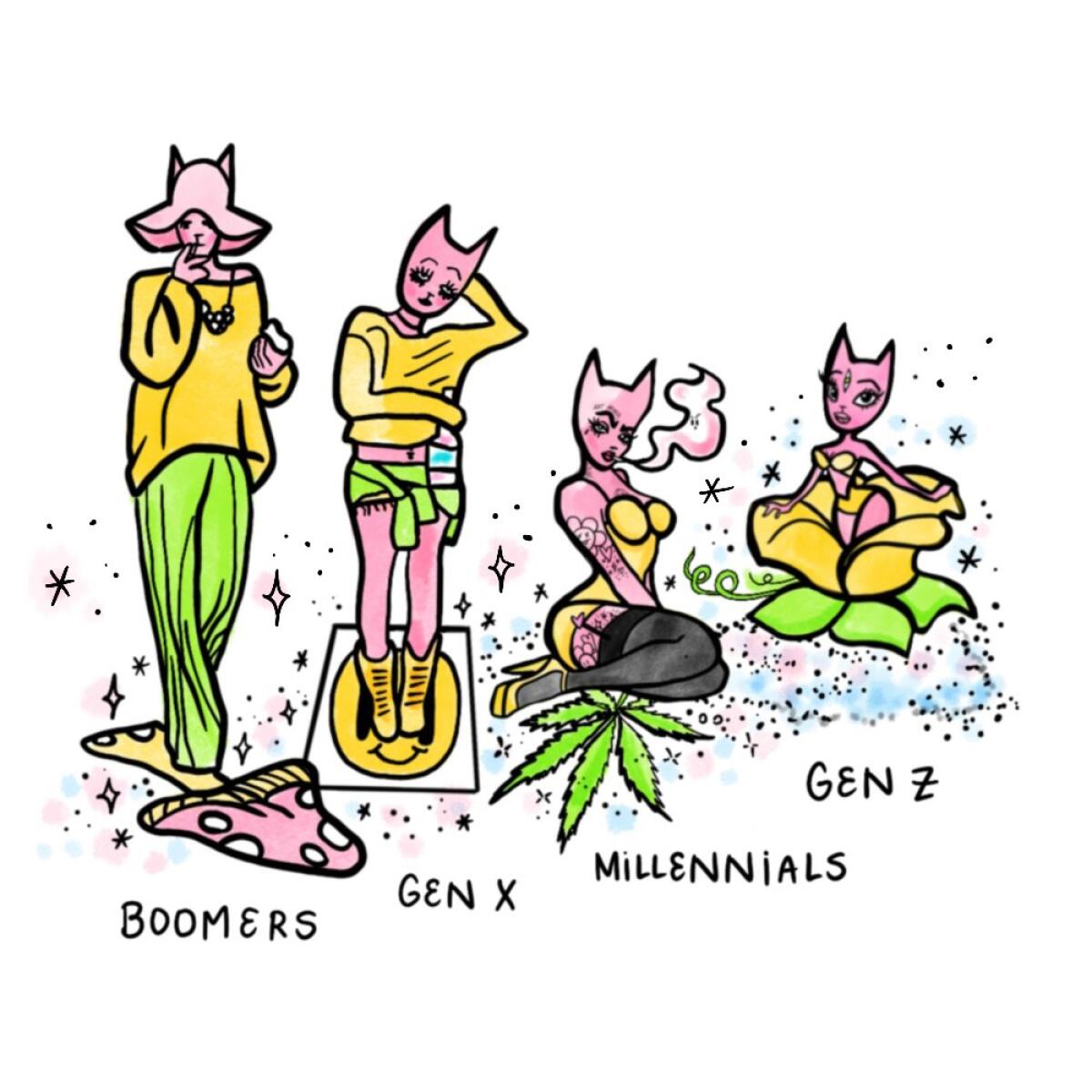
Does the generational divide feel deeper?
Rasyamond: “There’s always going to be divides between each generation, and it’s definitely more noticeable or prevalent now, because of social media, especially when we have a platform that connects a whole generation.”
Brown: “Millennials have been through a lot — as well as Gen Z — right now, and they’re not even 40, which is crazy. Because really no other generation before that has dealt with some of the world-changing and world-shaping events.”
Argueta: “The systems that be, they can be reformed, instead of reconstructed. … That’s like the millennial ideology, the millennial political ideology. And it’s liberal, which is fine. But it doesn’t — it forms a girl boss, rainbow capitalism culture. And then we get into Gen Z, and we see this happening, and it just doesn’t make sense to us.”
García: “The reason that this ‘culture war’ is being hyped is because Gen Z is not afraid to tell it like it is. And I think, in that, we’re also not afraid to talk about and share what we feel like older generations failed us on. Whether that’s things like environment, whether that is things like voting rights, whether that’s things like LGBTQ rights. I think that we are feeling the pressure, and we are feeling the failures, in real time.”
Vazquez: “Sometimes when you do form your opinions, you’re not taken seriously because of your age. Even though, like Greta Thunberg, she had these really great ideas about the environment, which is something really important, but at first she was just dismissed because, ‘She’s just a young girl. What’s she gonna know?’ So it definitely requires a lot of confidence to go out into society and be yourself.”
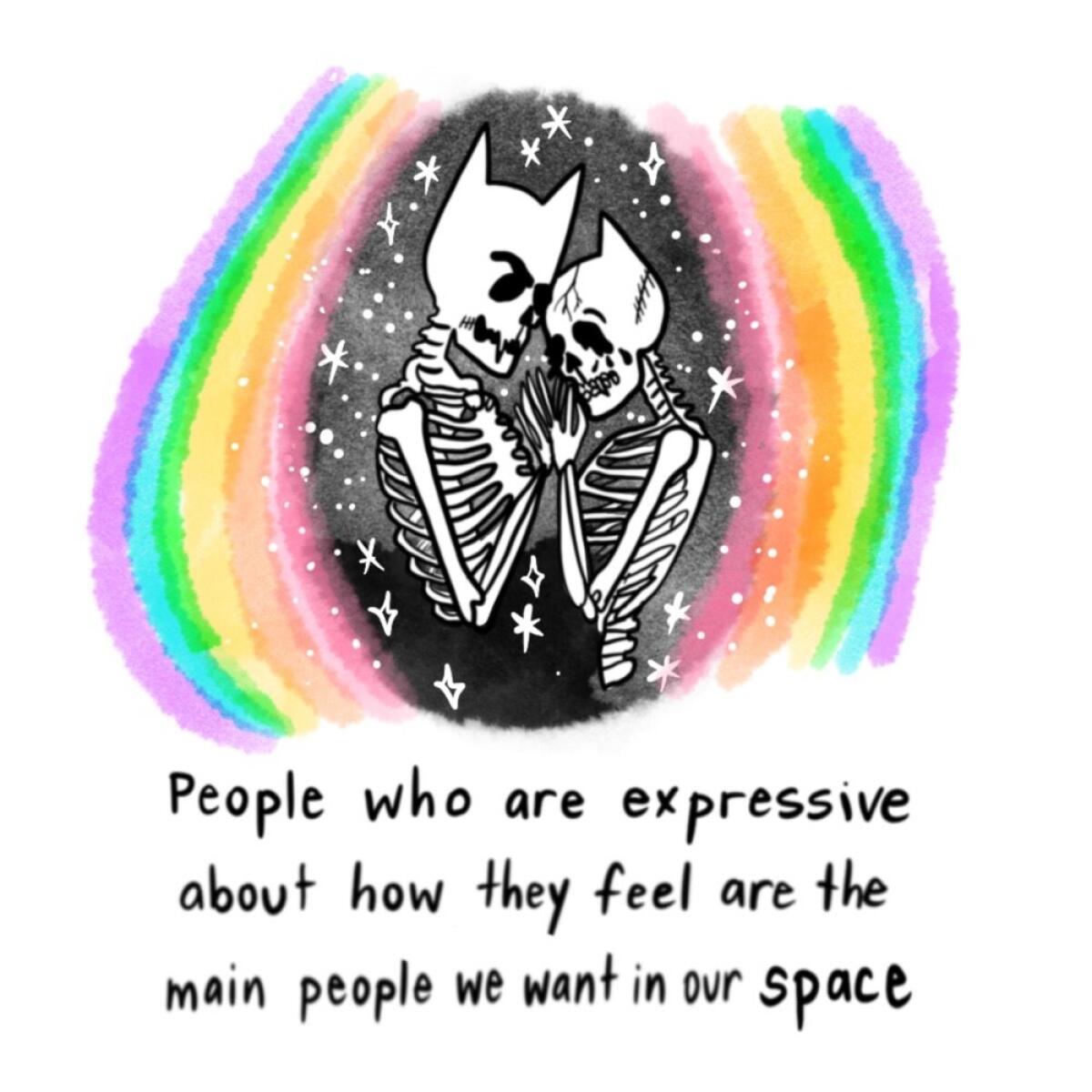
What do you want older generations to know about you?
Rasyamond: “We are very open to sharing our mental health issues. ... I think that older generations will be like, ‘Oh, Gen Z is a depressed generation,’ or, ‘There’s so much mental illness.’ But in my opinion, the truth is that it’s never changed. I think that the amount of depression is quite similar to previous generations, but it’s just not as widely known.”
Carballo: “Adults are making the decision about the future, but the politics affect us. It affects us on how we’re treated in the schools, it affects us how we’re treated in the institutions, it affects us. That’s why I say it’s good for us to be at the table, but it’s not good for us to be tokenized at the table.”
Vazquez: “Individuality. … People are discovering themselves, and then just being confident with themselves and expressing themselves. And I think that’s what sometimes gets lost in translation and is not so easily understood these days.”
Argueta: “I wish that they understood that we don’t really dream of labor anymore. And that we have the sort of outlook on life that’s like, if I can escape the systems that be or the exploitation that I’ve seen all of these people inevitably fall into, then I will. We don’t participate in hustle culture.”
More to Read
Sign up for The Wild
We’ll help you find the best places to hike, bike and run, as well as the perfect silent spots for meditation and yoga.
You may occasionally receive promotional content from the Los Angeles Times.












